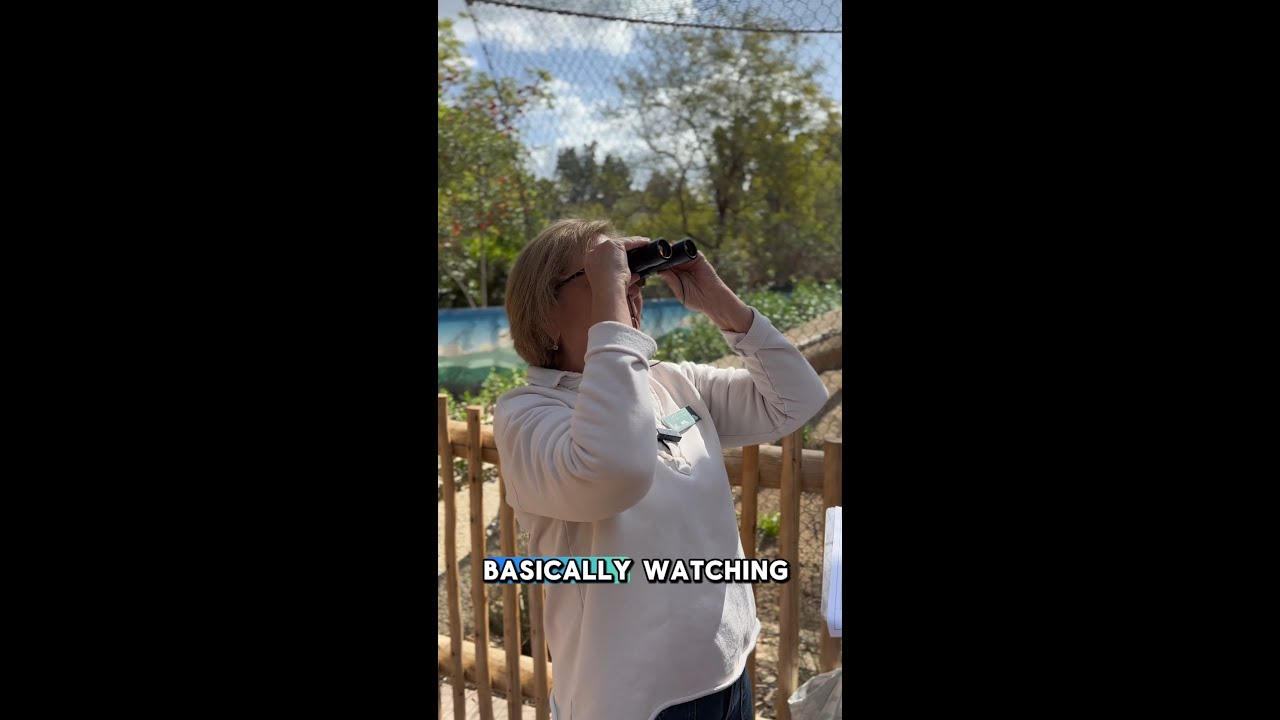- Importance of zoo volunteers in wildlife conservation efforts and how they enhance visitor experiences.
- Role of volunteers in animal care, public education, and the day-to-day operations of zoos.
- Training and skills development for volunteers and their contribution to staff support and zoo initiatives.
- Impact of community engagement and outreach programs facilitated by zoo volunteers.
- Challenges and rewards experienced by volunteers working in zoo environments.
Zoos are vibrant centers of education, conservation, and recreation where humans and animals connect in meaningful ways. One of the pivotal elements that makes these institutions thrive is the contribution of volunteers. These dedicated individuals play a significant role in enhancing the zoo experience, supporting conservation efforts, and acting as a bridge between visitors and wildlife. Their role underscores a crucial aspect of zoology, zoo management, and wildlife conservation. Let us delve into the role of volunteers in ensuring that the heart of the zoo beats with vitality.
The involvement of volunteers in zoos is a testament to the power of community contribution in wildlife conservation. Volunteers amplify the capacity of zoos to achieve their conservation goals, whether by participating in habitat restoration projects or by taking part in breeding programs for endangered species. They provide invaluable assistance in monitoring animal health and behavior, thereby augmenting the work of the professional staff. Their involvement in these activities not only supports immediate conservation efforts but also contributes to long-term strategies that aim to safeguard biodiversity.
Volunteers also play a pivotal role in enhancing visitor experiences. They act as docents, providing educational tours that deepen visitors’ understanding of the animals and ecosystems. By sharing rich narratives and personal experiences, they inspire curiosity and foster a deeper appreciation for wildlife among zoo attendees. This interaction is a potent tool for public education, as volunteers can tailor information to various audiences, from schoolchildren to adults. They assist in demystifying zoological science and conservation work, translating complex ideas into engaging stories that motivate people to care about animal welfare and environmental conservation.
The day-to-day operations of zoos would be incomplete without the invaluable assistance of volunteers. These individuals assist with the maintenance of animal enclosures, help prepare diets, and participate in habitat enrichment activities. This hands-on work is vital for the well-being of zoo inhabitants and helps maintain the cleanliness and safety of the zoo environment. Volunteers often bring diverse skills and expertise, which enriches the operational capabilities of the institution. They serve as extra pairs of hands and eyes, ensuring that the zoo runs smoothly and efficiently.
Training is an essential aspect of volunteer engagement in zoos. Proper training equips volunteers with the skills needed to interact safely with animals and to engage effectively with visitors. Many zoos offer comprehensive programs that include workshops on animal behavior, conservation practices, and educational techniques. Volunteers learn to identify signs of stress in animals, comprehend species-specific needs, and gain proficiency in delivering educational content. The skills developed through these programs often lead to increased volunteer retention and a stronger, more effective team that can support various zoo initiatives.
Moreover, volunteers facilitate an essential channel for community engagement and outreach. By participating in local events and educational campaigns, they help raise awareness about conservation issues and mobilize community support for zoo programs. Volunteers often become advocates for environmental stewardship, encouraging sustainable practices and fostering a culture of conservation in their communities. This ripple effect can significantly amplify the impact of the zoo’s conservation efforts beyond its physical grounds.
Despite the rewards, volunteering in a zoo environment also presents challenges. Volunteers must be prepared to work in varied conditions, which can include extreme weather and physically demanding tasks. Navigating emotional experiences related to animal care, such as illness or injury, can also be challenging. However, the opportunity to contribute to meaningful conservation work and education often outweighs these challenges. Volunteers express a sense of fulfillment in knowing that their efforts directly impact the welfare of animals and the success of conservation initiatives.
The Heart of the Zoo: Volunteers Make It Wild! underscores the indispensable role that volunteers play in zoo environments. Their involvement enhances zoo operations, supports conservation efforts, and enriches educational outreach. Through their enthusiasm and dedication, volunteers embody the spirit of community action, highlighting the importance of collective efforts in preserving wildlife and natural habitats. Their contributions are a reminder that behind every successful zoo is a network of passionate and committed individuals who work tirelessly to make it an inspiring place.
*****
Source Description
This #VolunteerAppreciationWeek, we’re shining a spotlight on some of our incredible volunteers! Today, we’re highlighting Leslie, a Research Volunteer studying the “who, what, where, and why” of our Cape vulture flock’s behavior—directly supporting their wellbeing.
Since the 1980s, volunteers have played a key role in behavioral research at the L.A. Zoo—carefully observing animals, collecting data, and presenting their findings for both long and short term studies.
Our research volunteers are passionate, knowledgeable, and vital to our mission. Thank you for all you do! 💚
#EarthDay #LAZoo #Vulture


